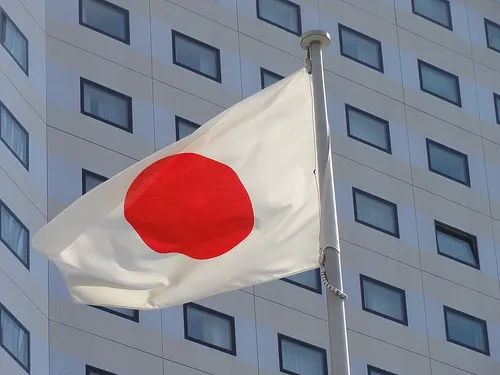
Japan's economic growth finally makes a rebound
Machine orders inched up 3.9%.
According to DBS, growth data finally showed a sign of improvement. November’s machine orders increased more than expected by 3.9% MoM sa.
This came on top of the 2.6% rise in October, and largely offsetting the declines in early-3Q. Thanks to the recent rebound, machine orders have risen to approach the levels in mid-2012 (before the economy slipped into technical recession), albeit still lower than the peak levels seen in 2Q12.
Indeed, the global economic environment is improving thanks to the recovery in China and stabilization in Europe. Domestically, based on the twin easing of fiscal and monetary policies and the depreciation of the JPY, the short-term growth outlook is also turning positive.
The government last week announced a JPY 10.3trn supplementary budget to stimulate the economy (2% of GDP). The Bank of Japan is widely expected to ease policy again
next week, including taking an important step to raise the inflation target from 1% to 2%.
Here's more from DBS:
Meanwhile, the yen has fallen by more than 10% against the US dollar since mid-November 2012 when market expectations started to build that Japan’s new government will push for a yen-weakening policy. The real effective exchange rate of the JPY also fell sharply by 6.7% in Nov-Dec12.
The supplementary budget will directly help domestic demand especially public construction investment. The depreciation of the JPY is beneficial to exporters. If the positive impact of BOJ QE on inflation expectations is sustained, consumers would also be encouraged to reduce savings and increase spending.
Growth is essential for Japan, not only to create jobs but also to reduce public debt, maintain investors’ confidence on the JGBs, and prevent excessive JPY depreciation and capital flight.
A cyclical recovery in economic activity is not far away, in our view, although the long-term growth outlook remains challenging due to structural problems.
We expect GDP growth to return to the positive territory (QoQ) from 1Q13. For the full year of 2013, we expect growth of 1.0%, above the consensus forecast of 0.6%.



















 Advertise
Advertise






